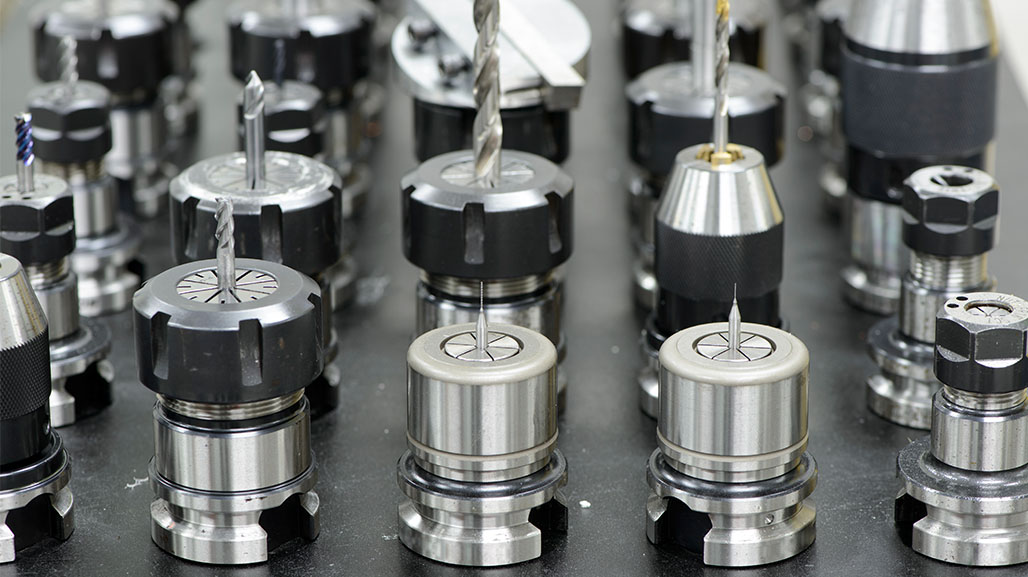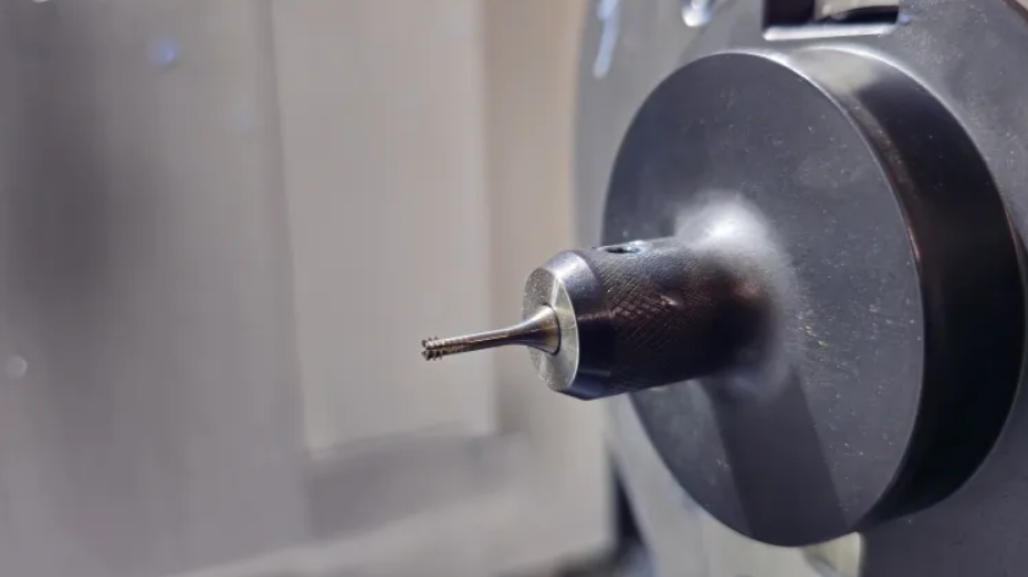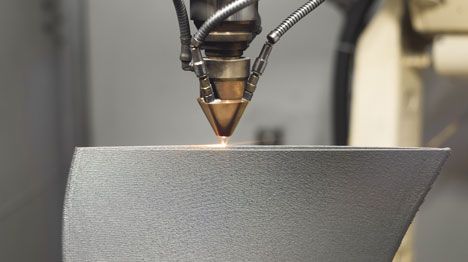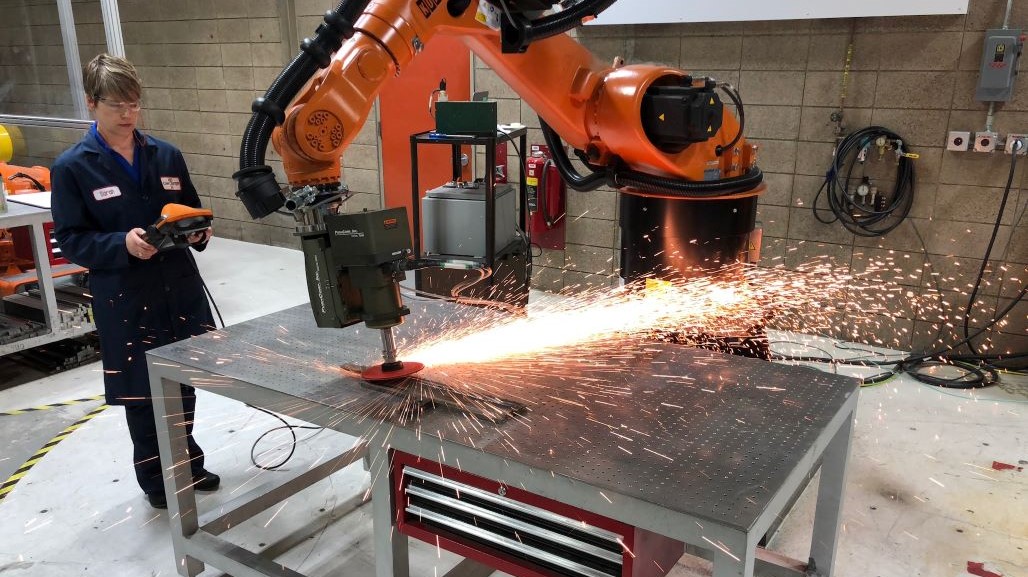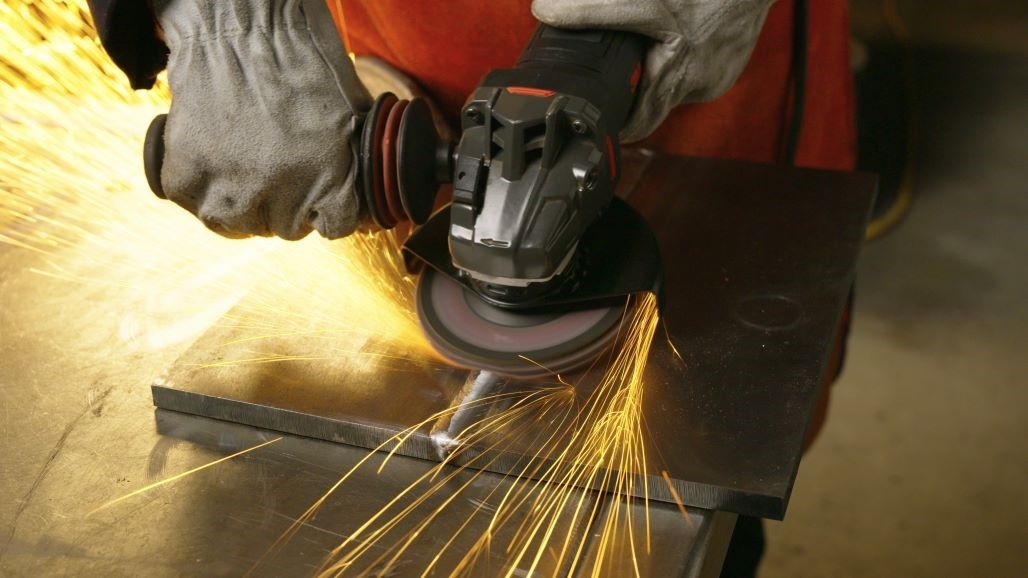5 Must-Know Problem Areas in Metalworking
Whether tough materials, bad coolant, poor workholding, technology or process—there’s always room for metalworking improvement.
Whether tough materials, bad coolant, poor workholding, technology or process—there’s always room for metalworking improvement.
There is a lot to know about metalworking. When problems arise, what do you do? We talk to the specialists who average 20-plus years of experience to find out the best solutions to common metalworking and machining issues.
What are the top metalworking challenges out there? We recently spoke to three MSC metalworking specialists, Ray Gavin, Terry Stahl and Don Branum, to find out what kinds of machining, tooling and process challenges their customers experience—and how they help them find ways to overcome issues. MSC metalworking specialists work closely with their assigned customers to find the best, vendor-agnostic solutions to problems in machining, tooling, fluid maintenance and productivity.
Here is an overview of the top five areas MSC metalworking specialists see issues in regularly.
A wide spectrum of metal-based materials are in manufacturing use today, including: cast and ductile irons, low-carbon steel, alloy steel, tool steel, case hardened steel, stainless steel, superalloys, and high-temperature alloys. Each of these material categories machines differently based on their structures. Often, metalworking specialists help select the proper carbide substrate, coatings, insert or solid carbide geometry with the correct edge prep, ensuring they have the best tool for an operation.
“One of the big issues I see is that customers may know that they need a certain type of cutting tool, but they don’t necessarily realize that they need the right grade designed to cut titanium or Iconel or other hard steels,” says Terry Stahl, an MSC metalworking specialist based in San Antonio. Stahl has been in the metalworking business for over 30 years—with 22 years in aerospace. Stahl services many medical manufacturers in the East Texas and Northern Louisiana regions. His customers use a lot of superalloys. These hard metals are where most of the specialists see their customers having issues.
“Some customers are burning up their end mills and burning up their inserts because they’re not running them properly [for the material they are using],” says Stahl. “Mainly we see programming issues. Often we see a lot of extra operations that they do not need, so we can help them eliminate some of the steps.”
By cutting out toolpath and unneeded operational steps, Stahl says they can help increase the tool life—and reduce the time it takes to make parts.
“In a lot of shops, I’ve been able to help dramatically reduce their overtime,” says Stahl. “How? By reducing cycle time and increasing parts where they don’t have to spend 10 hours a week getting the same amount out of it.”
Clean coolant with proper concentration actually increases and stabilizes tool life, the specialists find. Correct concentration and monthly coolant maintenance will increase tool life, eliminate foaming, smells or skin-damaging dermatitis.
To get a better understanding of coolant issues, here’s a real-world example from Ray Gavin, who serves the Southeast region in Florida. Gavin has 40 years of machining and metalworking experience.
One of his customers, an aerospace manufacturer in Orlando, runs a 24/7 operation and was having a two-part problem with coolant. First, parts were getting stained from an oil-based residue within the machine—and second, they had to then take those parts to a washing station to clean the oil-tinged parts.
“We brought in a synthetic coolant and tested it for three months on a well-used machine that they made a lot of parts on,” says Gavin. “That went very well: They had no dermatitis, they had no markings or stains on the parts anymore, and so they found they were able to get the parts off the machine much cleaner.”
The glass on the hood of the machine was cleaner, too. They could now see parts being made much easier. The oil residue was gone—completely. One of the best outcomes of this trial, according to Gavin, was that this manufacturer was able to skip and eliminate an entire process now. The washing and blow-off operation to clean the parts was no longer necessary. It saved the company around 20 minutes per part just in the cleaning operation—and they did this about five times a day in a 24-hour day—saving them about $100 a day, or $36,500 for the year.
The success of the initial trial led to a larger project that rolled out the same synthetic coolant to roughly 20 CNC machines. The result? Cost-savings across the board of $40,000 a year on coolant, because they needed less coolant than they had before—as well as savings of $6,000 a year on sump maintenance, since it was a lot cleaner—and $4,000 saved on waste management.
What will the future bring to fluids? Read “The Future of Metalworking Fluids, Machine Lubricants and Coolants.”
Setup time and the use of fixturing can be time-consuming. Shorter setup times generate cost advantages. Turning and milling applications can be converted to fast and precise quick-change fixturing with high repeatability and accuracy to ensure high-quality productivity, the specialists find.
“More and more output in less time” is the mantra. The pursuit of higher productivity is the driving force behind this solution trend.
“The more rigid your workholding, the more precise your parts are going to be,” says Stahl. “Plus you can run at higher speeds and feeds … Workholding is a big deal, especially in the milling area—it’s big in turning, too, but there’s a lot of sideload pressure in milling from cutting tools.”
The pace of change is hard to stay on top of for many shops. Luckily, technology can help customers offset the challenges in the skills gap, if they know how to harness the technology. Metalworking specialists, with key tooling and machining partners, can help show customers how to use innovation to their advantage. If a shop cannot hire enough new machinists, innovation and technology might just help out.
“Technology is changing so fast, and customers rely on us to help show them the latest tooling innovations in the industry,” says Stahl.
How is technology and innovation changing machining for customers? For one, it’s allowing them to use more integrated tools with deeper functionality. For example, Stahl says he is often able to help customers who have 5-axis machines find a tool that does multiple tasks—which helps output and saves time. There are drills out there, for example, that can drill, countersink and chamfer, explains Stahl. In the past, these were three separate tools.
“We take an objective look at things—and we’re not tied to one manufacturer,” says Branum. “No one manufacturer is going to have the best of everything.”
Changing machining or tooling processes toward a higher metal removal rate can really make a difference to the bottom line. By improving productivity with the proper toolpaths, depth of cuts, speed and feeds, carbide grades, and geometries, costs can be reduced—and more hours can be put back into part production.
Here are several examples that show bottom-line impact and process improvement with often very simple changes in tooling or approaches.
An oil and gas customer that was making a part 8 ½-inches in diameter realized a process improvement of a whopping 877 percent—with a cost-savings of $891,000 a year—by moving from a carbide cutting insert to a ceramic one. The customer went from 80 surface feet per minute with a carbide insert to 625 surface feet per minute with the ceramic tool.
“It was a lot of time saved,” says Branum, who is also based in the Southeast region, in Alabama—and has been with MSC for nine years. “The biggest time-savings was improving the cycle time because we could run the part a lot faster—at a higher surface footage.”
Here’s another customer experience. An aerospace manufacturer has a five-person deburring department that was manually performing the deburr on parts, says Gavin. It may not seem like much to go from five minutes of manual deburring to one minute of deburring with a convolute wheel—but the time can add up. This shop was making about 3,600 parts a year, so at five minutes a part, the manufacturer was spending roughly 18,000 minutes on deburring a year—and now could deburr in 3,600 minutes for 12 months with the wheel, saving the company about $20,000 a year, according to Gavin.
The same aerospace shop also makes U-shaped casting parts that needed deburring. That same five-person deburring department manually deburred these castings at a rate of about 15 minutes —but Gavin had them try a bristle wheel with filaments, and the time dropped to five minutes. So, the manufacturer saved 10 minutes per part—and the time saved freed up their deburring department about 65 percent—or 900 hours. It also showed a cost-savings of about $51,000.
What area of metalworking do you have the most problems in today? Share your stories.
Some customers are very cost-conscious—and so they are really focused on the cost per part, but they may not realize that every tool does not have the same output or ability to affect part-making.
“I had in the past brought in many moderately priced end mills to compete against what this customer was using with no success,” says Terry Stahl, MSC metalworking specialist. “I finally went in with an upper-end, high-performance end mill just to try. I knew the price was out of the customer’s comfort zone, but I said … let’s see what happens. So we started testing and ended up winning the business because we had a huge reduction in tool usage.”
Stahl, with the help of Seco Tools, helped to decrease the monthly end mill usage from an average of 100 end mills per month to around 20 Niagara end mills—saving the customer over $66,000 a year. They also increased part production and saved the customer on cycle times per part.
